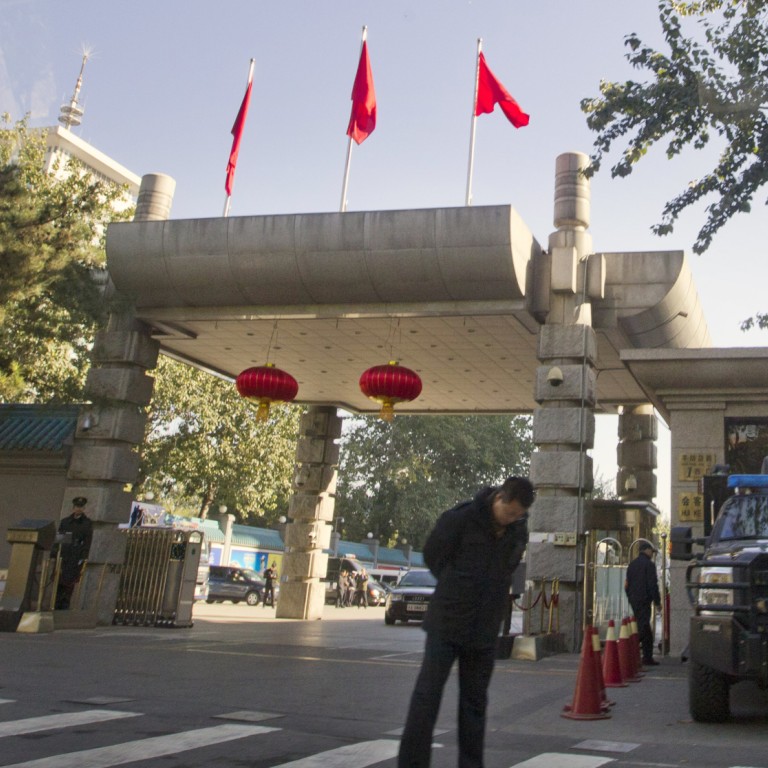
What holistic reforms should mean for a developing China
Hu Shuli says the stumbling blocks to a functioning socialist market economy point to the need for social and political changes as well
As Communist Party leaders convened for their third plenum over the weekend, a country buoyed by hopes for "comprehensive, thorough reforms" waited with bated breath. After all, a key document for discussion was titled "Decision on the Important Questions for Comprehensive, Thorough Reforms".
Over the past 35 years, the third plenum of the party's incumbent Central Committee has focused on setting directions for reform - but only economic reform, going by the past seven sessions of the meeting.
By the time the 17th Central Committee took over, market development in China had reached a turning point, and many people called for the next step of holistic reform, particularly in the political system. Disappointingly, the third plenum in 2008 only concluded its "Decision on the Important Questions on Rural Development and Reform".
There's a feeling now that comprehensive reform cannot wait. But what is it? According to a Politburo meeting last month, comprehensive reform should include a socialist market economy, democratic politics, advanced culture, harmonious society and an ecological civilisation. We expect reform measures in these five areas.
As Xi Jinping said at a Politburo study session last year: "Reform and opening up will lead to comprehensive change in society, and co-ordination is needed, as every reform measure will affect other measures." Thus, reforms must be rolled out as a whole, he said. We agree. To continue opening up, China must undertake holistic reforms. The gradual, winding path it took in the early years to modernise its economy - "crossing the river by feeling the stones" - meant progress was slow, though steady, and problems that were overlooked are beginning to emerge.
China's focus on the economy has led to spectacular growth, of course. Yet development in other spheres outside the economy has stagnated, and problems related to our unbalanced development model also grow more obvious by the day. Economic ills cannot be solved in isolation from problems in politics, society, culture and the environment.
Fundamentally, the relationship between the government and the market must be reorganised. Leaders' pledge to give market forces a "decisive role" in the allocation of resources, announced on Tuesday at the close of the third plenum, was a departure from previous plenary sessions. The government must honour its word.
As economists have rightly noted, central and local governments' monopoly of resources has sapped the private sector and impeded China's efforts to transform its development model. This has everything to do with political reform.
Vested interests' control of the markets for land, capital and labour is one reason for their rigidity. Further, innovation cannot find a home in China unless scholars are free to think and there is a free exchange of ideas in society; a transfer of technology alone is not enough. Changes in social arrangements are also needed to meet the challenge of the "Lewisian turning point", when the population begins greying and wages rise. As for the environment, to arrest the pollution and ecological degradation that threaten our survival, we must not only require Chinese industry to clean up its act, but also tighten our regulation and supervision.
China's half-baked market economy can only improve with the launch of comprehensive reforms.
In the course of history, reforms in different sectors have admittedly progressed at a difference pace, for many complex reasons. But it's unacceptable that some people have used this as proof that reform is progressing and insisted there is no question of certain areas falling behind. This is disingenuous and harmful.
Comprehensive, thorough reforms do not mean that all reforms must proceed at the same pace. For instance, fiscal and tax reform, which involves change in both economics and politics, could be an early breakthrough. Building the rule of law, a major challenge, should be a key point in reform efforts from start to finish.
With the conclusion of the third plenum, the key question now is how to implement the blueprint. We hope the newly formed central leading group to spearhead reforms will design a courageous and feasible plan to help the country make breakthroughs in its development. We would like to see, among other things, the speedy launch of concrete measures, which will help to build public confidence in governance, and clear guidelines and strategies for how vested interests and other obstacles to reform may be overcome.
Premier Li Keqiang once said that, while Chinese leaders can avoid making mistakes by not undertaking reform, they would have to answer to history. His sense of mission is commendable. There are four years to go before the 19th national congress, and history is watching.

